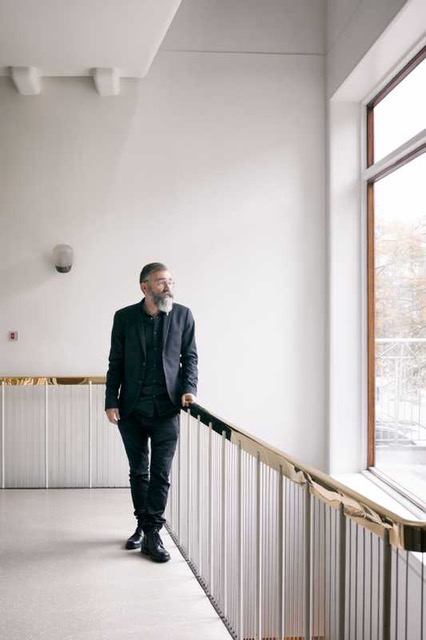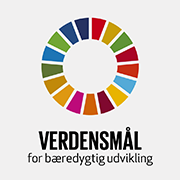What we do/Vision
How does SWA+U work?
What work does SWA+U do?
- Architectural juror and advisor
- Masterplanning
- Development planning
- Landscape/urban design
- Architectural design
Who does SWA+U work with?
SWA+U collaborates with the following in Denmark and Internationally:
- Local Authorities and Governmental Bodies and Agencies
- Investment bodies, urban developers, entrepreneurs, private clients
- Integrated design team consultancies
- Universities, education and research
- The Danish Social Housing Sector
SWA+U work models:
- Client consultancy
- Advising Local Authorities
- Social housing development planning including challenged housing estates transformations
- Integrating UN’s 17 Sustainable Development Agendas
- Citizen Engagement processes
How does SWA+U work?
What work does SWA+U do?
- Architectural juror and advisor
- Masterplanning
- Development planning
- Landscape/urban design
- Architectural design
Who does SWA+U work with?
SWA+U collaborates with the following in Denmark and Internationally:
- Local Authorities and Governmental Bodies and Agencies
- Investment bodies, urban developers, entrepreneurs, private clients
- Integrated design team consultancies
- Universities, education and research
SWA+U work models:
- Client consultancy
- Advising Local Authorities
- Social housing development planning including challenged housing estates transformations
- Integrating UN’s 17 Sustainable Development Agendas
- Citizen Engagement processes
“We read the city as palimpsest, with traces from its geography, history, physical constructs and equally important its inhabitants, their artifacts, and activities”.

Fotograf: Jan Søndergaard
Each project must develop a strong narrative which grows out the characteristics of the local places conditions, whether as palimpsest; physical traces, collective memories and experiences of the citizens, these must be nurtured and translated into built form and continue to contribute to the community afterwards.
The narrative of the project develops out of the specific place program combined with the client’s program. We like to call this looking from the outside-in and the from the inside-out. These two programs don’t necessarily match at the outset, we see it as our foremost goal as spatial agents to enable this special meeting point into something unique and unimaginable beforehand. It demands a holistic approach, where we as architects are in a specially position to bring together often conflicting interests by a heuristic intuitive working methodology.
We read the city as palimpsest, with traces from its geography, history, physical constructs and equally important its inhabitants, their artifacts, and activities. The city is a socio-cultural ecological construct in a constant state of flux and in tune with the zeitgeist. To fully understand this interdependency requires a multidisciplinary approach requiring many fields of expertise.
“We read the city as palimpsest, with traces from its geography, history, physical constructs and equally important its inhabitants, their artifacts, and activities”.
Each project must develop a strong narrative which grows out the characteristics of the local places conditions, whether as palimpsest physical traces and collective memories and experiences of the citizens, these must be nurtured and translated into built form and continue to contribute to the community afterwards.
The projects narrative develops out of the specific place program combined with the client’s program. We like to call this looking from the outside-in and the from the inside-out. These two programs don’t necessarily match at the outset, we see it as our foremost goal as spatial agents to enable this special meeting point into something unique and unimaginable beforehand. It demands a holistic approach, where we as architects are in a specially position to bring together often conflicting interests by a heuristic intuitive working methodology.
We read the city as palimpsest, with traces from its geography, history, physical constructs and equally important its inhabitants, their artifacts, and activities. The city is a socio-cultural ecological construct in a constant state of flux and in tune with the zeitgeist. To fully understand this interdependency requires a multidisciplinary approach requiring many fields of expertise.
Stephen Willacy Architecture + Urbanism support UN’s Sustainable Development Goals with special focus upon the following goals:

















